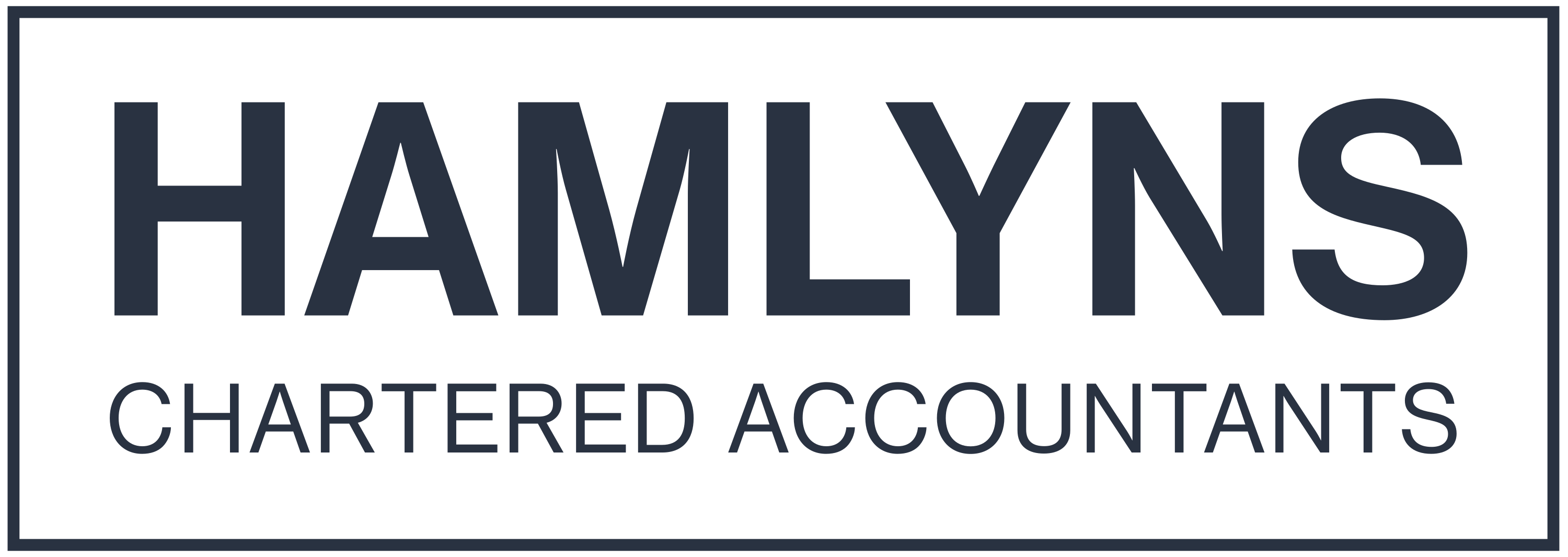Looking ahead to potential changes for corporation tax in 2020

Despite the fact that 2019 has been the first without a Budget for over a century that doesn’t mean that there aren’t financial changes incoming. Tax is always a hot topic, election year or not, and corporation tax issues remained at the top of the agenda for many people last year. Given this ongoing relevance, what does 2020 hold in terms of potential changes to corporation tax?
A rate that holds steady
Although many might assume that a Conservative government would be the first to cut corporation tax the most recent manifesto didn’t provide for this. Boris Johnson’s government was elected to power on the basis of keeping corporation tax rates steady, as opposed to offering a reduction. Although the rate was scheduled to fall to 17% from April this year, in fact it will remain at 19%. This is in stark contrast to the situation under a Labour government, which would have seen the rate rise to 26% within two years.
A new R&D cap
In 2012, a previous cap on repayable credit that could be claimed by small and medium sized companies under the R&D regime was abolished. It’s likely that this will return in 2020 in the form of an upper limit of three times a company’s total PAYE and NICs liability for the year applied to the amount of payable tax credit that a loss-making company can receive. The reason for the cap is to help combat fraud – HMRC has identified widespread attempts to fraudulently claim tax credits by companies not strictly entitled to them. This could have a negative impact on legitimate businesses that fall within the criteria for the cap. As a result, certain measures have been suggested to combat this, such as a threshold below which the cap would not be applied to claims. If the cap is to go ahead then it will be included in the next Finance Bill.
Non-UK resident corporate landlords
Another key tax change for 2020 relates to overseas corporate landlords – this is already in motion as it was included in the 2019 Finance Act. It means that companies that aren’t UK resident will be chargeable to corporation tax, as opposed to income tax when it comes to UK property income. The implications of this could be a mixed bag. For example, some companies may be required to pay less in tax but others more. There is likely to be a significant rise in the cost of administration and compliance in order to cope with the more complex requirements of the corporate regime, such as rules restricting interest deductions and the use of carried forward losses.
With the dust still settling after the December election it’s still not entirely obvious how the corporation tax landscape will evolve in 2020 and beyond. What is clear is that there isn’t going to be a shift in the rates involved – either up or down – but other potential changes could become clearer as the year goes on.




